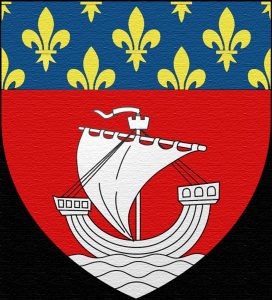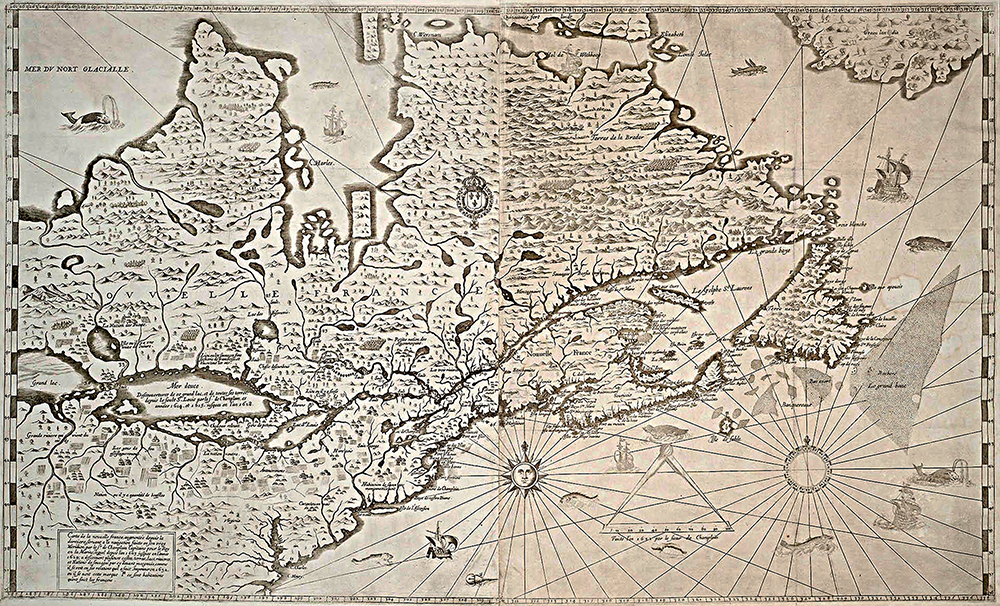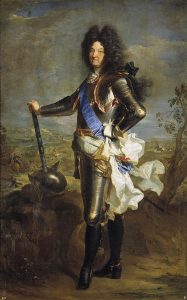The beginnings of a great lineage
In New France, Michel LePailleur paved the way for the notarial profession
The arrival of Michel LePailleur in New France marked the beginnings of this family lineage. Son of Jean LePailleur and Marie de Lamotte, he was born in the Paris region of France, around 1663. He arrived in the New World in 1679, when he was about 15 years old. We still don’t know whether he came alone.
At 25, he married Catherine Gertrude Jérémie, a widow, daughter of Noël Jérémie, dit Lamontagne from Québec City. Their family grew rapidly. In August of the following year, their daughter Catherine was born. She was the first of about a dozen children. Those who reached adulthood would ensure a prosperous lineage for their father.
From 1696 to 1701, Michel LePailleur, now Sieur de Laferté, practised the profession of bailiff of the Sovereign Council, ensuring the execution of the decisions made by the Sovereign Council, a court of appeal in civil and criminal matters.
The following year, LePailleur was appointed royal notary by Louis XIV, King of France, and the family moved to Montréal. Along with his notarial work, he held the job of prison concierge, as prison guards were called then. But those weren’t his only commitments. He alternated between the offices of Judge-Seneschal, Registrar, Deputy Prosecutor and Civil and Criminal Lieutenant-General (Magistrate) on an interim basis, sometimes holding some of these functions at the same time.
LePailleur served as royal notary and prison guard until 1730, when his retirement was precipitated by a scandal. While he was on duty as a jailer in Montréal, three prisoners sentenced to death escaped. Suspected of complicity, he was himself taken prisoner. He was released a few months later, thanks to several testimonies in his favour. At the request of Intendant Hocquart, the file was deleted from the prison records, but we can still find traces of it in the archives.

Charles-René, Charles-Éléonore, François-Georges, Alfred-Narcisse, are some of Michel LePailleur’s descendants who contributed in their own way to build Quebec as we know it today.
Michel LePailleur died in Montréal in 1733, at about 70, a respectable age for that period. In addition to his legal and administrative legacy, his adopted country inherited a family line who proudly followed in his footsteps by becoming notaries or bailiffs or by practising professions accessible to educated men.




